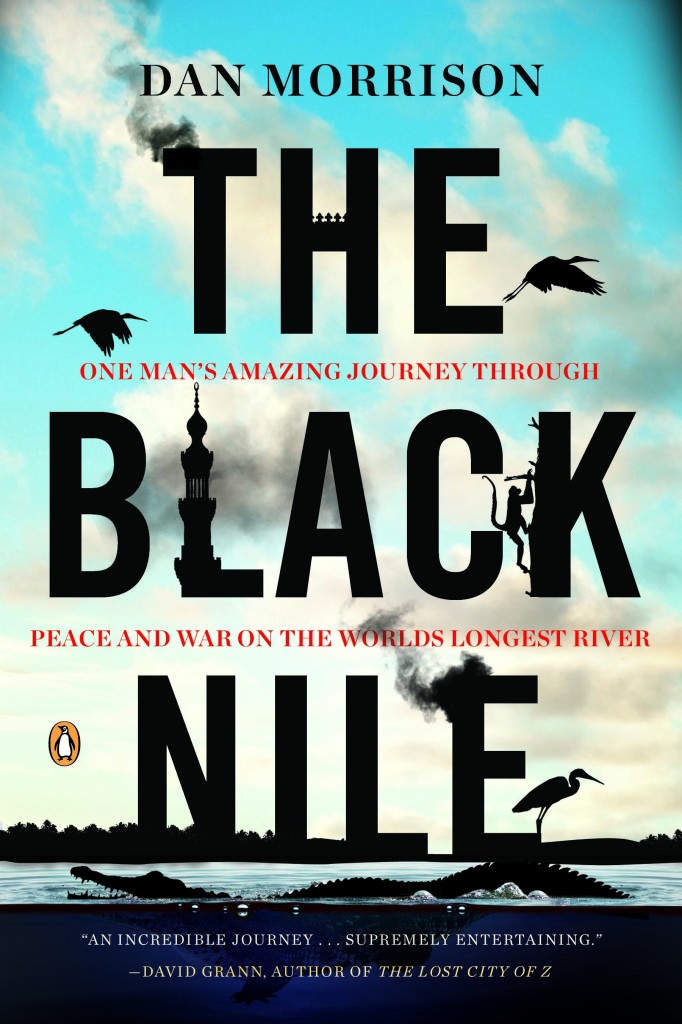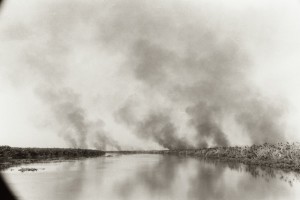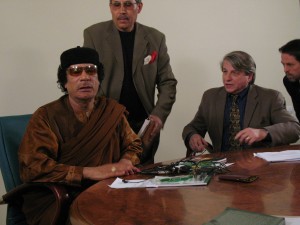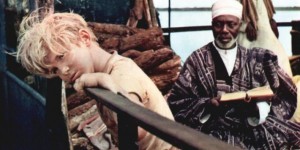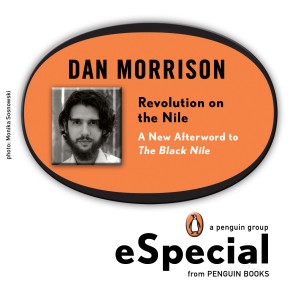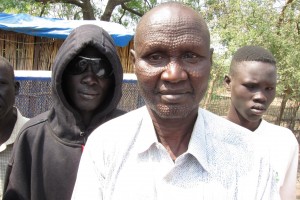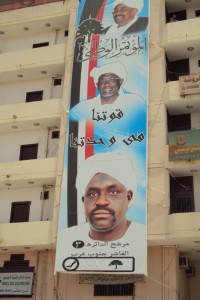
The release this week of the video Kony 2012 and a viral social media campaign by the American NGO Invisible Children has jacked awareness of the vicious Ugandan rebel group the Lord’s Resistance Army into the stratosphere. It’s also provoked a significant backlash from experts who say the film is simplistic, manipulative, and that it narcissistically focuses on the filmmakers themselves over their African subjects. Invisible Children has responded to some of that criticism, and debate over the film and its prescriptions continues across the web, much of it under the Twitter hashtags #Kony2012 and #StopKony.
In this post, which first appeared at National Geographic, my friend Anywar Ricky Richard, a former child soldier of the Lord’s Resistance Army, and director of the northern Ugandan organization Friends of Orphans, responds to the clamor: Continue reading “Kony 2012: A View from Northern Uganda”

